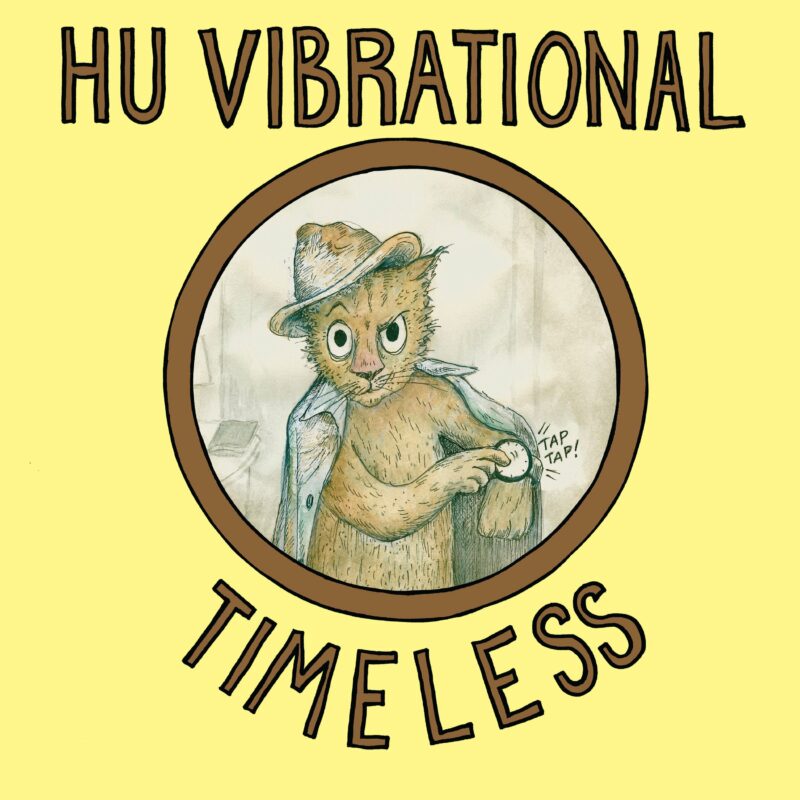2023 Golden Ear: United Home Audio Ultima5 OPS-DC Tape Deck
- REVIEW
- by Jonathan Valin
- May 03, 2024

$34,500 ($6500 for optional, outboard OPS-DC power supply)
While current analog technology (particularly DS Audio’s near-massless Grand Master optical cartridges and ES-001 centering device and Acoustic Signatures Invictus Neo turntable and tonearm) has brought LP playback considerably closer to the sound of tape, there is still a gap, which Greg Beron’s latest iteration of his Ultima series of tape decks, the Ultima5 OPS-DC, consistently reveals and exploits. Of course, much depends on the quality of the tape transfer. But, at their best (or even a little bit short of their best), 15ips reel-to-reel tapes can be astonishingly realistic sounding, provided that the tape deck is first rate. The United Home Audio Ultima5 with OPS-DC power supply is precisely that—first rate. With parts and circuitry derived from Greg’s $100k SuperDeck, the Ultima 5 is more neutral in balance with better reach and dynamic impact in the bottom octaves, a wider, deeper soundstage, tighter imaging, higher resolution, and fuller, more accurate, natural, and continuous reproduction of the dynamic/harmonic envelope than previous Ultimas. If you’re in the market for a great, full-sized, playback-only, 15ips tape deck (and don’t want to bet the farm on a no-holds-barred UHA SuperDeck), the Ultima5 OPS-DC would, unquestionably, be the unit I recommend. (337)
Tags: ANALOG REEL-TO-REEL GOLDEN EAR AWARD

By Jonathan Valin
I’ve been a creative writer for most of life. Throughout the 80s and 90s, I wrote eleven novels and many stories—some of which were nominated for (and won) prizes, one of which was made into a not-very-good movie by Paramount, and all of which are still available hardbound and via download on Amazon. At the same time I taught creative writing at a couple of universities and worked brief stints in Hollywood. It looked as if teaching and writing more novels, stories, reviews, and scripts was going to be my life. Then HP called me up out of the blue, and everything changed. I’ve told this story several times, but it’s worth repeating because the second half of my life hinged on it. I’d been an audiophile since I was in my mid-teens, and did all the things a young audiophile did back then, buying what I could afford (mainly on the used market), hanging with audiophile friends almost exclusively, and poring over J. Gordon Holt’s Stereophile and Harry Pearson’s Absolute Sound. Come the early 90s, I took a year and a half off from writing my next novel and, music lover that I was, researched and wrote a book (now out of print) about my favorite classical records on the RCA label. Somehow Harry found out about that book (The RCA Bible), got my phone number (which was unlisted, so to this day I don’t know how he unearthed it), and called. Since I’d been reading him since I was a kid, I was shocked. “I feel like I’m talking to God,” I told him. “No,” said he, in that deep rumbling voice of his, “God is talking to you.” I laughed, of course. But in a way it worked out to be true, since from almost that moment forward I’ve devoted my life to writing about audio and music—first for Harry at TAS, then for Fi (the magazine I founded alongside Wayne Garcia), and in the new millennium at TAS again, when HP hired me back after Fi folded. It’s been an odd and, for the most part, serendipitous career, in which things have simply come my way, like Harry’s phone call, without me planning for them. For better and worse I’ve just gone with them on instinct and my talent to spin words, which is as close to being musical as I come.
More articles from this editor


















